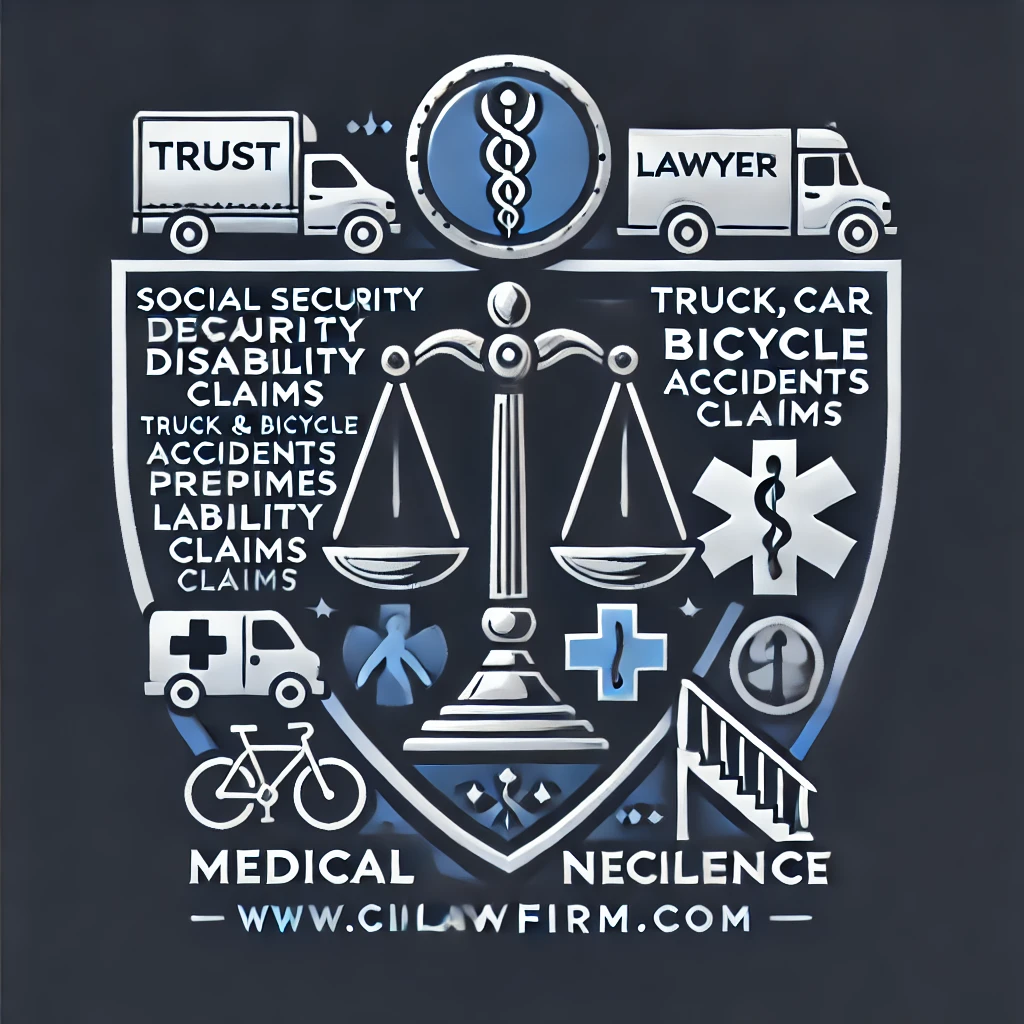When someone enters your property, they have a reasonable expectation of not getting injured. This means that a property owner has a responsibility for maintaining a relatively safe environment, this is known as premises liability. You have heard of this a slip and fall case, but it can also be something as drastic as an injury sustained on an amusement park ride.

Construction worker spreading wet concrete
An owner can be found liable if they have prior knowledge of a dangerous condition and have failed to take reasonable steps to fix that condition or put up signs and warn people, and then a visitor suffers and injury.
Slip and fall cases are the most ridiculed personal injury cases, as depicted on some comedy TV shows. It is perceived that the injured person is seeking damage resulting from their own clumsiness.
Premises Liability is a legal concept for a slip and fall case. It refers to the legal principles that hold landowners and tenants responsible when someone enters onto their property and gets hurt due to a dangerous condition. With a few exceptions, premises liability or slip and fall claims are based on negligence.
The most common causes of slip and falls are from wet floors, faulty stairs, or unmarked obstacles. Other dangers that can result in lawsuits are open swimming pools or broken elevators.
How is liability determined? The determination will vary from state to state in accordance with the state laws. Some states focus on the status of the injured party, some states focus on the condition of the property and activities of both the land owner and the visitor.
If you have sustained injuries from a slip and fall in someone else’s residence or place of business, you may be entitled to compensation. Premises liability law varies from state to state, so you should contact an attorney in the state where accident occurred. There are time lines and statute of limitations to be aware of, so contact a Houston personal injury attorney as soon as possible.
